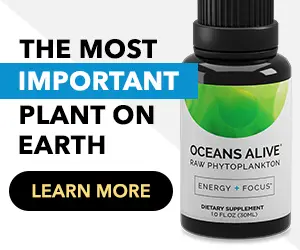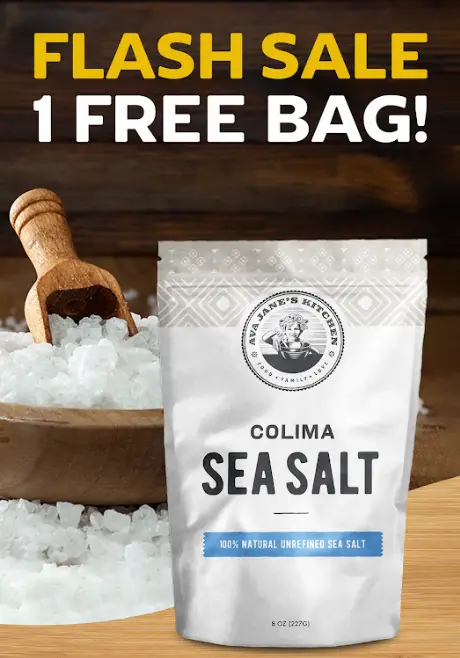In today’s Information Age where so many people are eager to put their own carefully-worded “spin” on things, corporations and other entities have grown quite fond of using “talking points” to peddle their own version of reality to the masses.
Companies that produce genetically modified crops, such as Monsanto, Dow and DuPont, are widely known for repeating the slickly-worded talking point that “foods containing GM crops are the most tested in history.”
But what good is this if the tests are clearly rigged, as an April study by DuPont for a type of GM canola appears to have been.
The rat-based feeding study, which was reported on by the website GMWatch.org, includes several stunning conflicts of interests, chief among them this one: Bryan Delaney, the first author of the DuPont study, also happens to be the Managing Editor of the journal it was published in: Food and Chemical Toxicology.
That interest is undisclosed in the study according to GMWatch, which also notes another stunning conflict of interest, and another fatal flaw of the “study” that industry-funded GM feeding experiments have.
Delaney’s LinkedIn profile confirms that he does in fact work with DuPont.
Who Stands to Gain from GM Canola Study?
The study (‘Delaney and colleagues, 2014’) was actually published by employees of DuPont, the agrochemical and GMO mega-corporation, employees who could stand to gain from a positive result.
It found (rather unsurprisingly of course in this case due to the conflicts of interest involved) “no effect” from feeding GM food to the rats compared to the other type of feed (which was actually in truth quite similar).
The study did not even compare non-GMO and GMO feed after all: it simply compared rats fed a GMO diet plus pesticides to rats fed a similar type of GMO-based diet, plus pesticides.
To top it all off, the authors declare that there is “no conflict of interest” despite the fact that they actually work for DuPont. You really can’t make this stuff up.
To muddy the waters even further, the study capped the feeding off at 90 days, the standard cut-off point for industry studies of its kind.
But independent studies including the landmark Gilles-Éric Séralini study showing tumors, continue after the 90-day feeding period and often find these and other problems from GMO feed including infertility, weight gain, organ damage and much more.
In protest of the study’s faulty methods and blatant conflict of interest, Seralini’s team has submitted a Letter to the Editor of the journal.
To learn more about what Seralini’s team said and how his study’s methods compare to the clearly biased DuPont study, check out the article from GMWatch by clicking here.
Thanks for reading! P.S. To subscribe for more updates (and receive a free eBook ‘Healing Secrets of the Amazon Rainforest) you can click on this link.
Thanks for installing the Bottom of every post plugin by Corey Salzano. Contact me if you need custom WordPress plugins or website design.












